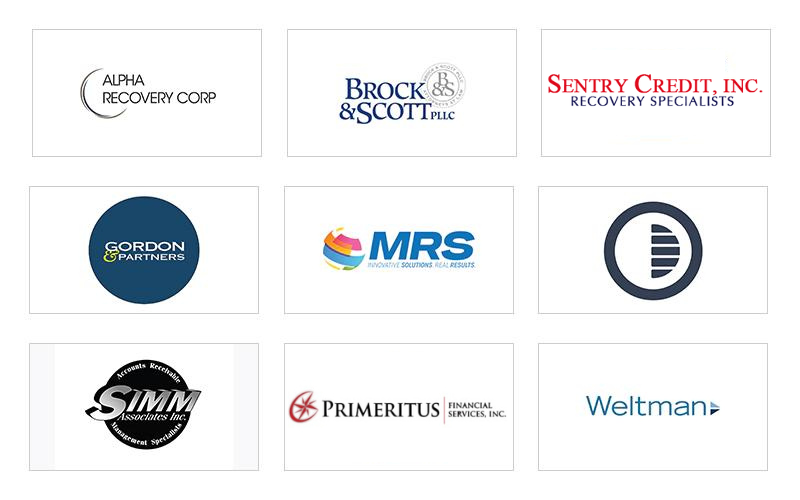3 Small Changes That Can Inform Your Collection Practice’s Future
- July 11, 2022
- Category: Compliance Management

One of the keys to operational success is looking after the small things that help your collection business to grow, day in and day out. Having a great product, idea, and a qualified team to carry out your business’ vision–and mission–is part of the equation but paying attention to details also plays an essential role in mitigating risks and preventing a breakdown in challenging times. To discuss how the combination of the two can ultimately lead you and your team to success in the post-Reg F landscape, we sponsored a series of webinars with leading voices from the ARM industry. Mike Gibb, CEO, and Editor of AccountsRecovery.net hosted these webinars and discussed the key takeaways mentioned below.
Webinar 1. Consumer Intelligence: Understanding Sentiment and Capturing On-Call Feedback (6/27/2022)
It is no secret that only a small percentage of collection businesses collect feedback from their consumers. As per the poll done during the webinar, only 12% of the audience admitted to collecting feedback from consumers. The remaining 86% of the audience clearly did not recognize that understanding consumer sentiment and capturing on-call feedback is key to operational success in a tightly regulated industry.
Giving the consumer a voice in a survey can help defuse potential future complaints. Hence, during each call, ask consumers for their permission to send them a text with a short survey. There is a fine line between annoying consumers by asking them for surveys vs. giving them an opportunity to provide you feedback. Hence, be casual about asking for feedback.
Frame your surveys with clear questions that leave no room for ambiguity and can be interpreted easily later by the data analytics platform you use in your business. For instance, begin a short survey with a question such as “Would you hire this person to work in your call center?” If consumers respond with a yes, terminate the survey. In case of a “no,” allow consumers to give more detail and vent. To turn feedback into a fun exercise, it is a good idea to provide consumers with an emoji to rate the call.
Webinar 2. How Complaints and Lawsuits Can Help You Improve Compliance (6/29/2022)
Analyzing complaints (and lawsuits in case you have witnessed many recently) is important to ensure your operations are in order. Certain patterns in the complaints can help you spot flaws in your current operational workflows and compliance framework. For instance, if some consumers complain that they can’t carry out payments over the phone, this is not an agent-based complaint, but a company policy issue – something that should be addressed by leadership in their meet-ups.
It is also important to remember how some complaints are more important than others. Work with your team and service provider to automate the prioritization of complaints. This will help you save time your team would otherwise invest in prioritizing complaints manually. Usually, you can determine their criticality depending on the channel they’re coming in from.
Webinar 3. Collection Compliance (7/1/2022)
Licensing and state-related regulatory laws for collection businesses are getting complex and difficult to navigate. In times to come, collection practices can expect closer federal and state scrutiny due to recent developments. Hence, the impact of increased state regulatory powers, and Covid-19 pandemic enforcement developments (such as pandemic-related UDAAP violations) are some trends you should examine. Stay vigilant by revising your consent protocols and prerecorded messages as per these trends.
If you use vendors for some part of the collection process, examine your outsourcing practices without being dependent on the third-party interpretation of Reg F and model validation notices. If possible, consider changes to bring outsourced activities in-house, at least in the short term, as the state-specific licensing laws remain unclear.








